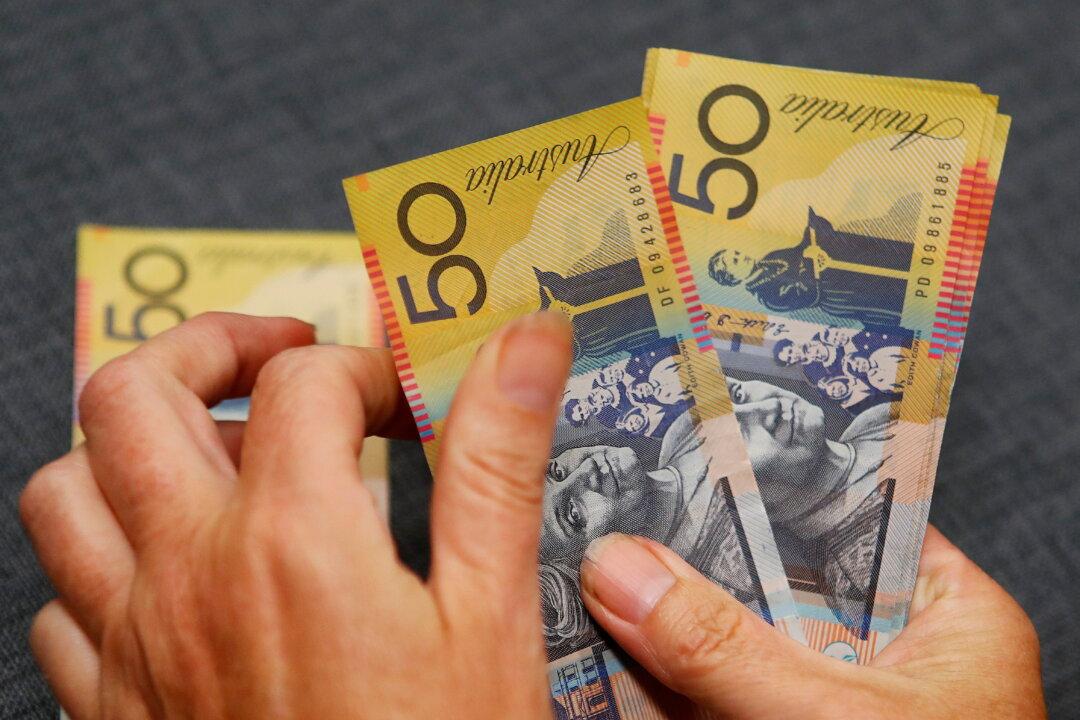Over five million welfare recipients in Australia will receive a small pay rise from Sept. 20.
The changes will allow people on welfare programs to get additional payments of between $20 (US$12.9) and $56 per fortnight.

Over five million welfare recipients in Australia will receive a small pay rise from Sept. 20.
The changes will allow people on welfare programs to get additional payments of between $20 (US$12.9) and $56 per fortnight.